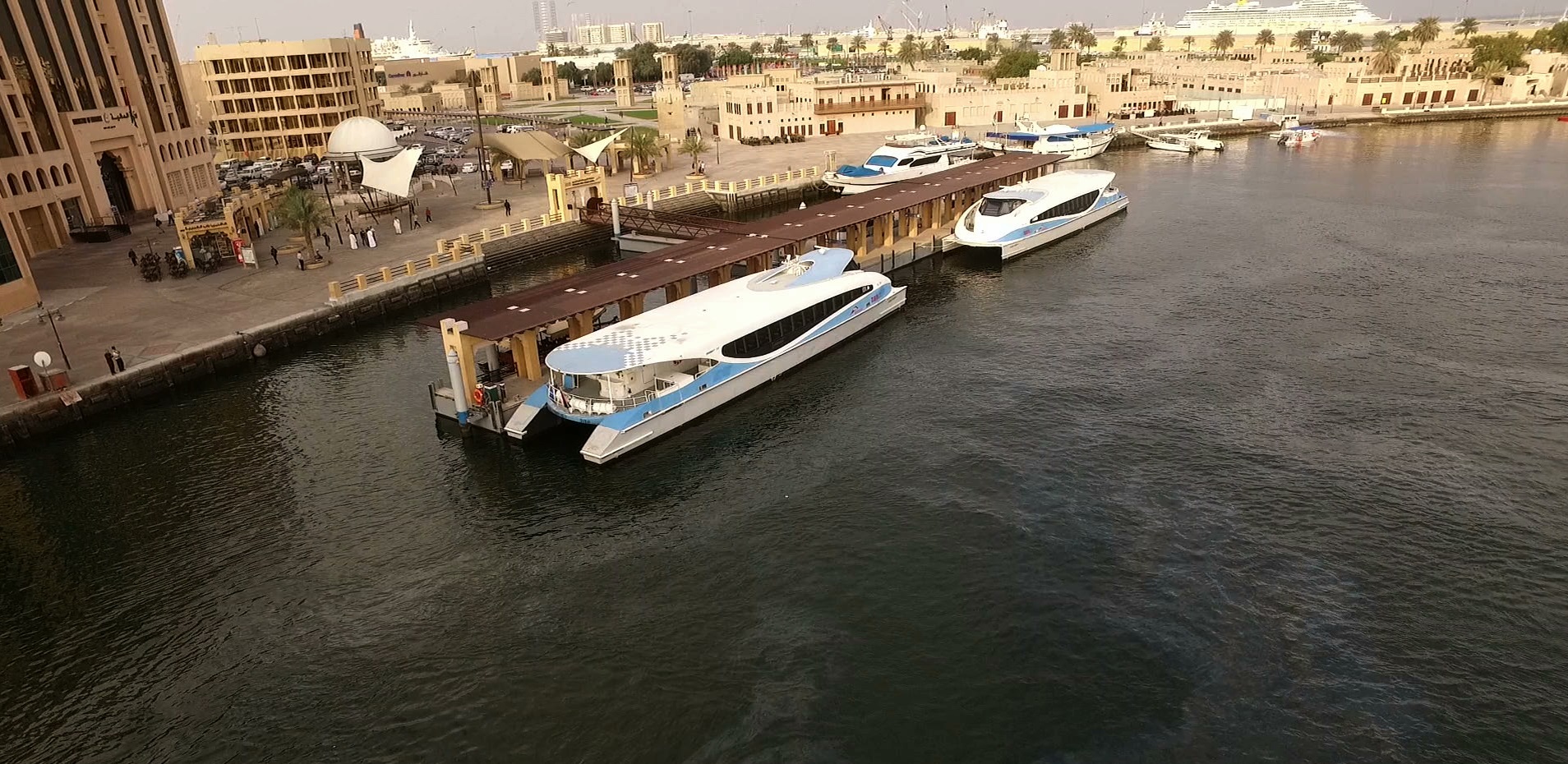The Dubai Roads and Transport Authority (RTA) has started the implementation of a seasonal network schedule for marine transport services.
In a tweet on Sunday, the Dubai Media Office said the initiative will be utilizing big data to analyze traffic and ridership, conforming with timetables and frequency according to seasons and various occasions.
“RTA Dubai starts seasonal network scheduling for marine transport services, using big data to analyze traffic and adjust timetables and frequency based on seasons and occasions,” it wrote.
.@rta_dubai starts seasonal network scheduling for marine transport services, using big data to analyze traffic and adjust timetables and frequency based on seasons and occasions.https://t.co/zPzb8Bj4JS pic.twitter.com/RC6i4mmrxk
— Dubai Media Office (@DXBMediaOffice) June 4, 2023
The initiative includes all operating marine transport services such as the Dubai Ferry, Abras, water taxis, and water buses. The updating of operational schedules is undertaken in coordination with the Department of Planning and Business Development at the Public Transport Agency.
“The seasonal operational network of marine transport services is marked by enterprise agility accuracy and compatibility with the nature of the operating seasons according to well-rehearsed plans set by RTA in this field based on international best practices,” said Nabil Yousef Al Ali, Director of Marine Transport, Public Transport Agency of RTA.
“Leveraging big data has enabled greater flexibility in devising and implementing this seasonal operational network initiative for marine transport. It operates based on a methodical approach that employs predictive analysis for scrutinizing network data, foreseeing the effects of changes, and its flexibility in operating times, journey delay times, and the ridership and the ratios of works and revenues, and the ridership of marine transport,” he added.
Moreover, Al Ali noted that the scope of the project’s study included an internal algorithm for analyzing and treating big data from multiple sources.
“When developing the initiative, it was taken into account that it does not affect the quality of services provided to customers and that it contributes to improving the occupancy rate of marine transit means, while reducing operational costs at the same time,” he concluded.




